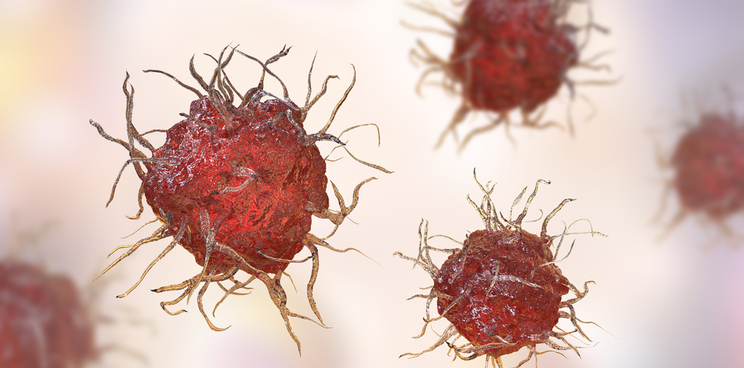The French-Belgian company PDC*Line Pharma has raised a €20M Series B round to fund an ongoing phase I/II trial of its off-the-shelf therapeutic vaccine for lung cancer.
The total €20M consists of €13.9M in equity investments and €6.1M in loans and subsidies from the Walloon Region of Belgium. PDC*Line’s current investors took part in the round, as well as five newcomers. The new participants included the South Korean investors Korean Investment Partners, Shinhan Cognitive Start-up Fund, and UTC 2019 Bioventure Fund, as well as Belgian investors SRIW and Sambrinvest.
PDC*Line will use the money to fund an ongoing phase I/II trial of its lead candidate therapeutic vaccine for non-small-cell lung cancer. The trial began last September, and is scheduled to be completed in August 2022.
Lung cancer needs more effective treatments as it’s one of the most deadly forms of cancer, and more than half of people diagnosed die within one year. While checkpoint inhibitors are often used to treat this form of cancer, they only help a small fraction of patients.
“Checkpoint inhibitors have around 25% of patients responding on average,” Eric Halioua, CEO of PDC*Line, told me. “The objective of our treatment is to get more than a 50% response rate.”
PDC*Line’s treatment is based on a type of immune cells called dendritic cells. These cells present cancer antigens to immune T-cells, triggering them to hunt down cancer cells that carry these antigens. PDC*Line takes a rare form of these cells — plasmacytoid dendritic cells, or PDCs for short — from donors and modifies them to present a range of antigens specific to lung cancer. Once in the body, they recruit T-cells to fight lung cancer. The cancer vaccine could potentially be used in combination with checkpoint inhibitors, which stop tumors from evading the attacks of immune cells.
The potential of dendritic cells as therapeutic cancer vaccines is also being tested by other companies such as Immunicum, CiMaas, and Medigene. PDC*Line claims that its PDC strains are better at activating the immune system against cancer than dendritic cells used by other companies.
Images from Shutterstock





